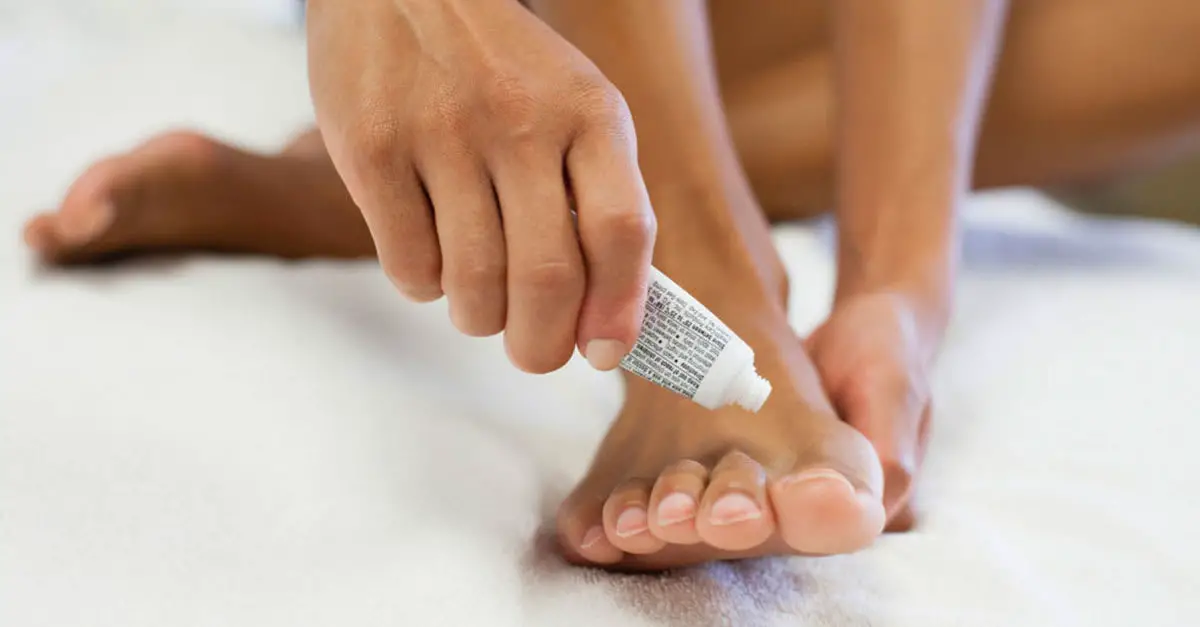Best Antifungal Cream for Seborrheic Dermatitis? It's Here and Approved!
Seborrheic dermatitis is a common skin condition that many people struggle with, leading to redness, itching, and flaky patches on the face. With so many treatments available, it can be challenging to find the right antifungal cream to tackle this issue. In this article, well explore the best antifungal creams for seborrheic dermatitis on your face, helping you make an informed choice.

Understanding Seborrheic Dermatitis
Before we dive into the best antifungal creams for seborrheic dermatitis, it's essential to understand what this condition is and why it happens. Seborrheic dermatitis is a chronic inflammatory skin disorder affecting areas rich in sebaceous (oil) glands like the face, scalp, and chest. Though the exact cause remains unknown, factors such as genetics, hormones, and a yeast-like fungus called Malassezia are believed to contribute to its development.

Why Antifungal Creams are Effective
Antifungal creams are a popular choice for treating seborrheic dermatitis because they target the underlying yeast infection associated with the condition. By reducing the growth of the fungus, these creams help alleviate symptoms such as redness, itching, and scaling. Some highly effective antifungal agents in these creams include ketoconazole, miconazole, and clotrimazole.

Top Recommended Antifungal Creams
1. Ketoconazole Cream 2%
Dermatologists commonly recommend Ketoconazole Cream 2% for its potent antifungal properties. It effectively reduces the activity of Malassezia yeast and provides relief from seborrheic dermatitis symptoms. Regular application can significantly decrease redness and flakiness on the face.
2. Miconazole Nitrate Cream
Miconazole is another powerful antifungal agent used in various over-the-counter creams. This cream helps combat fungal infections, making it a practical solution for seborrheic dermatitis on the face. It's often recommended for its affordability and effectiveness in soothing inflamed skin.
3. Clotrimazole Cream
Clotrimazole is well-known for its broad-spectrum antifungal properties. It is particularly effective when seborrheic dermatitis is accompanied by secondary fungal infections. Clotrimazole cream helps in reducing itching and scaling, providing much-needed comfort to affected individuals.

Additional Tips for Managing Seborrheic Dermatitis
While using antifungal creams can greatly improve seborrheic dermatitis, incorporating other skincare practices is important for effective management:
Maintain a Skincare Routine
Consistently following a gentle skincare routine can make a significant difference. Use a mild cleanser and moisturize regularly to keep your skin hydrated. Here are some recommendations on choosing the best body wash.
Avoid Harsh Products
Steer clear of products containing alcohol, fragrances, and aggressive exfoliants, as these can aggravate your skin and worsen seborrheic dermatitis symptoms. For a healthier skin care option, check out the benefits of garlic essential oil.
Healthy Lifestyle
Maintaining a balanced diet, managing stress, and getting adequate sleep are crucial for improving your skin's overall health. Learn more about improving lifestyle choices with natural remedies.
Consulting a Dermatologist
While over-the-counter antifungal creams can be effective, seeking advice from a dermatologist is recommended. A dermatologist can provide a tailored treatment plan based on your specific skin type and severity of seborrheic dermatitis.
For more detailed information on seborrheic dermatitis and available treatments, visit the American Academy of Dermatology's webpage on seborrheic dermatitis treatments. For natural alternatives, read about the benefits of aloe vera.
FAQs
What triggers seborrheic dermatitis?
Seborrheic dermatitis can be triggered by various factors, including stress, hormonal changes, and certain weather conditions. However, the exact cause can vary from person to person.
Can seborrheic dermatitis be cured completely?
While there's no complete cure for seborrheic dermatitis, it can be effectively managed with proper skincare, lifestyle changes, and the use of antifungal creams.
Are natural remedies effective for seborrheic dermatitis?
Some individuals find relief using natural remedies like tea tree oil or aloe vera. However, it's important to consult a dermatologist before trying any new treatment to ensure it's safe for your skin.
As an Amazon Associate, I earn from qualifying purchases.

